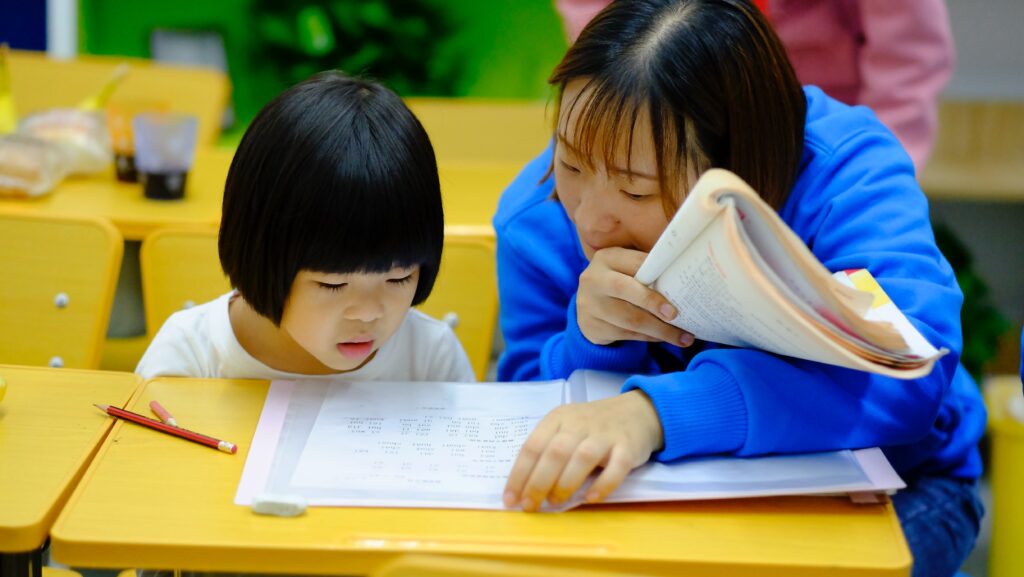In a rapidly globalizing world, the significance of international education cannot be overstated. Thailand, a country known for its rich culture, stunning landscapes, and vibrant cities, is not immune to the forces of globalization. As Thai society becomes more interconnected with the rest of the world, there’s a growing awareness of the need for quality international education. Bangkok Prep’s take on the significance of global learning in Thailand, serves as a springboard for our exploration of this essential topic.
The Thai Education System: An Overview
Before diving into the importance of international education in Thailand, it’s essential to understand the context in which it operates. The Thai education system has historically been characterized by a strong emphasis on rote memorization and standardized testing. While this approach has its merits, it can stifle critical thinking and creativity, which are essential skills in a globalized world.
Moreover, English proficiency in Thailand has been relatively low, posing a barrier to effective communication on the international stage. To address these issues, the Thai government has been taking steps to reform the education system and promote internationalization.
Challenges and Opportunities
The Thai education system faces a series of challenges in the 21st century. These challenges include adapting to the needs of a knowledge-based economy, improving the quality of education, and ensuring access for all. International education can play a significant role in addressing these issues.
One of the primary challenges is providing access to quality education, especially for underprivileged communities. International schools can offer scholarships, and bursaries to deserving students, creating opportunities for a diverse range of young learners to access a world-class education.
Additionally, international schools often focus on providing holistic education, emphasizing not just academic excellence but also character development, soft skills, and critical thinking. These aspects are crucial for students in an interconnected world where success often depends on adaptability, cultural sensitivity, and the ability to work with people from diverse backgrounds.
Building Global Competence
International education goes beyond academic content. It’s about building global competence, which includes an understanding of diverse cultures, perspectives, and world issues. Students who have exposure to international curricula and teachers from different parts of the world gain a broader view of global affairs and are better equipped to navigate the complexities of a globalized world.
International schools often emphasize language learning, particularly English. In Thailand, this is significant since English is the lingua franca of international business and diplomacy. English proficiency is not only important for communication but also for access to global knowledge and opportunities.
Preparing for a Globalized Workforce
The global job market is highly competitive, and the demand for skills that are valued in the international arena is increasing. Companies look for employees who can work effectively with people from diverse cultural backgrounds, communicate in multiple languages, and adapt to different work environments. International education equips students with these skills and provides a competitive edge in the job market.
Furthermore, as Thailand continues to attract foreign investment and multinational corporations, there is a growing demand for a workforce that can seamlessly collaborate with international colleagues and clients. Having a strong international education system in place is crucial to meet these demands and strengthen the Thai economy.
Cultural Exchange and Diplomacy

International schools are often hubs of cultural exchange. They bring together students from different parts of the world, creating a unique environment for cultural immersion. Students learn not only from textbooks but also from their peers, gaining an understanding and appreciation of different cultures.
Additionally, international education fosters diplomacy. As young minds from diverse backgrounds interact, they develop a better understanding of global issues and international relations. These students are more likely to grow up to be global citizens who are engaged in international diplomacy and cooperation.
Conclusion
In conclusion, international education is of paramount importance in Thailand as the country navigates the complex challenges and opportunities of a globalized world. International schools, like Bangkok Prep, play a crucial role in providing students with the skills, knowledge, and global perspective needed to thrive in the 21st century.
By promoting cultural exchange, language proficiency, and diplomacy, international education helps to build a workforce that can excel in an international job market and contribute to the economic growth of Thailand. It is through international education that the Thai education system can adapt and evolve to meet the demands of a globalized society.
As Thailand continues its journey towards greater internationalization, it is evident that international education will be a key driver of progress. The significance of global learning in Thailand, as highlighted by Bangkok Prep and other international schools, cannot be understated. It is an investment in the future of the country, one that will reap long-term benefits for both the individual student and the nation as a whole.



